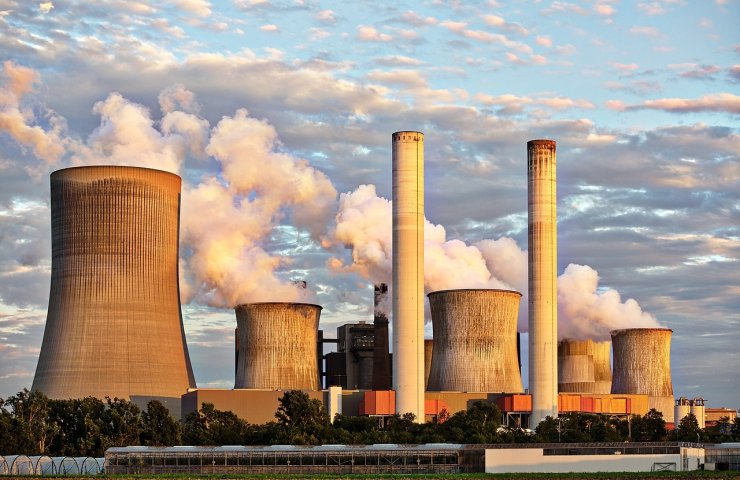Japan by 2030, intends to close 110 of its 140 coal-fired power plants that will hit the traditional suppliers of energy coal in the country. As stated on Friday, the Minister of Japan Hiroshi Kajiyama, in July, the government will begin work on the elaboration of specific measures that will move away from coal generation programme to reduce carbon emissions and transition to renewable energy sources (RES). According to Mr. Kazemi, among the measures to enhance the role of renewable energy — changes in legislation regulating access to the grid.
99% of their coal needs in Japan provides for imports. It is the world's largest buyer of coal, it in 2019 accounted for 17,6% of the total imported coal in terms of value (about 23.3 billion U.S. dollars), total the country imported 125 million tons of coal. The main suppliers are Australia (61%), Indonesia (15%) and Russia (11%).
In case of successful execution of a program to reduce carbon dioxide emissions by 26% by 2030 compared to 2013, consumption of coal by Japan will be reduced by 11 million tons to 114 million tons.
coal Mining recent years is under pressure amid closing coal-fired power plants in Europe and reducing consumption in this area. However, the situation should not be dramatized, because the reorientation of the energy sector to renewables will require substantial investment that can be restricted under the current economic crisis and its consequences. Coal will remain relatively cheap, although "dirty" energy source and will be in demand in the emerging economies and in the economic downturn, says the head of practice on work with the enterprises of metallurgical and mining industry, KPMG in Russia and the CIS Olga Plevako.




